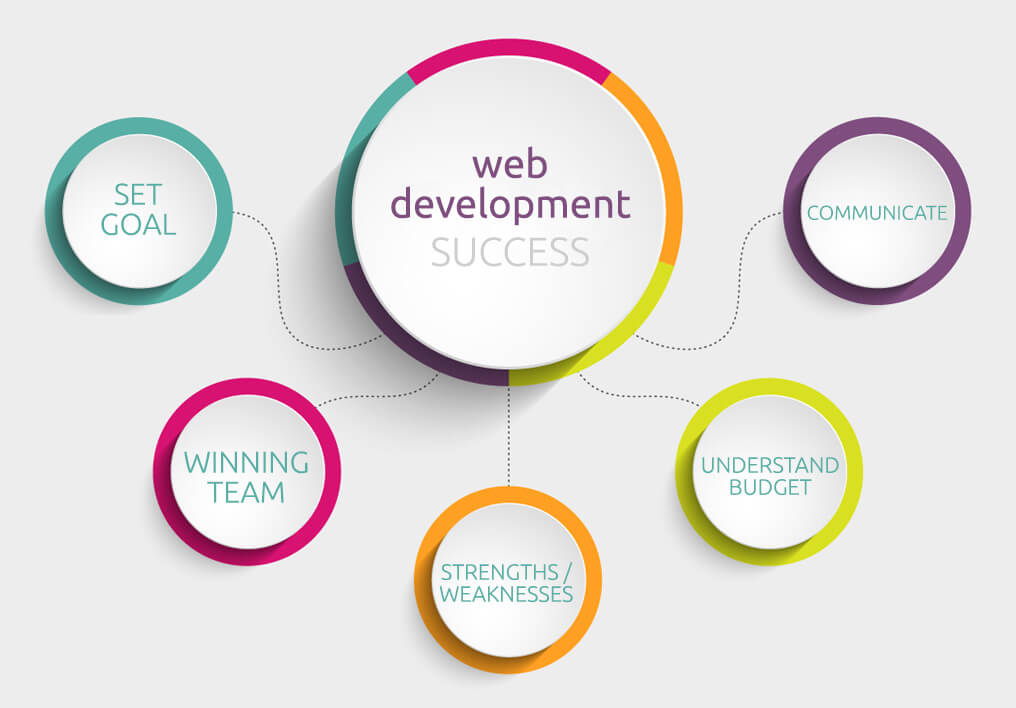
In the digital age, having a strong online presence is crucial for businesses of all sizes. A well-designed website can help attract customers, showcase your products or services, and ultimately drive revenue. However, creating a successful website requires careful planning and execution. Here are the 5 key elements you need to consider in your website development process. If you're looking to hire a professional website developer then you may browse here.
1. Clear Goals and Objectives
Before starting any website development project, it's essential to define clear goals and objectives. This will help guide the entire process and ensure that your website meets the needs of your target audience. Some key questions to consider include:
- What is the purpose of the website?
- Who is the target audience?
- What specific actions do you want visitors to take on the site?
2. User-Centric Design
A successful website is one that is user-friendly and intuitive to navigate. When designing your website, it's important to put yourself in the shoes of your visitors and create a seamless user experience. Consider the following elements:
- Clean and organized layout
- Intuitive navigation menu
- Clear call-to-action buttons
- Mobile responsiveness
3. Quality Content
Content is king when it comes to attracting and engaging website visitors. High-quality, relevant content not only helps improve your search engine rankings but also keeps visitors on your site longer. Make sure your website includes:
- Informative product or service descriptions
- Engaging blog posts or articles
- Eye-catching visuals (images, videos)
- Clear and concise messaging
4. SEO Optimization
Search engine optimization (SEO) is crucial for ensuring that your website ranks well on search engine results pages (SERPs). By optimizing your website for relevant keywords and improving its overall quality, you can attract more organic traffic. Some key SEO elements to focus on include:
- Meta tags and descriptions
- Keyword-rich content
- Fast loading times
- Mobile-friendliness
5. Regular Testing and Maintenance
Once your website is live, the work doesn't stop there. To ensure optimal performance and user experience, it's important to regularly test and maintain your site. This involves checking for any issues or bugs, updating content, and monitoring website analytics. Key areas to focus on include:
- Broken links or pages
- Website speed and performance
- Security updates and patches
- Conversion rate optimization
By incorporating these 5 key elements into your website development process, you can create a successful website that not only attracts visitors but also converts them into customers. Remember that building a website is an ongoing process, and it's important to continuously monitor and improve your site to stay ahead of the competition.
